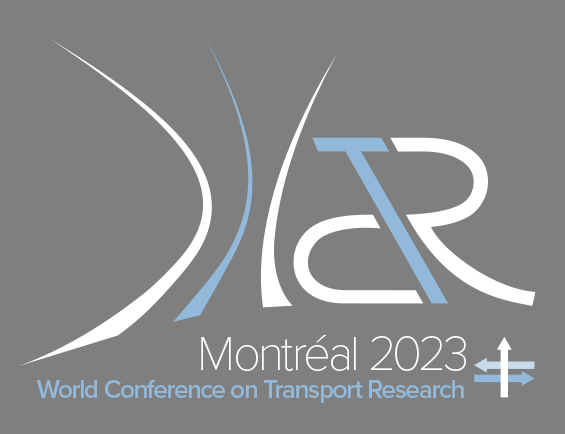
Cette conférence est une initiative de la World Conference on Transport Research Society (EN). Elle se tient tous les 3 ans depuis presque 50 ans.
Le but de la conférence est de rassembler des experts internationaux de tous les domaines de la recherche en transport et de stimuler les échanges sur des sujets touchant les pratiques et les politiques de transport. L’anglais est la langue de la conférence.
La conférence couvre les sujets suivants (groupes spéciaux d'intérêts - Special Interest Groups, SIGs) :
SVP visitez cette page (EN) pour en connaître plus sur ces sujets et leurs sous-groupes.
Vous pouvez télécharger le cahier de la conférence, incluant le programme (en anglais)!
Cliquer ici pour la grille des sessions avec les salles.
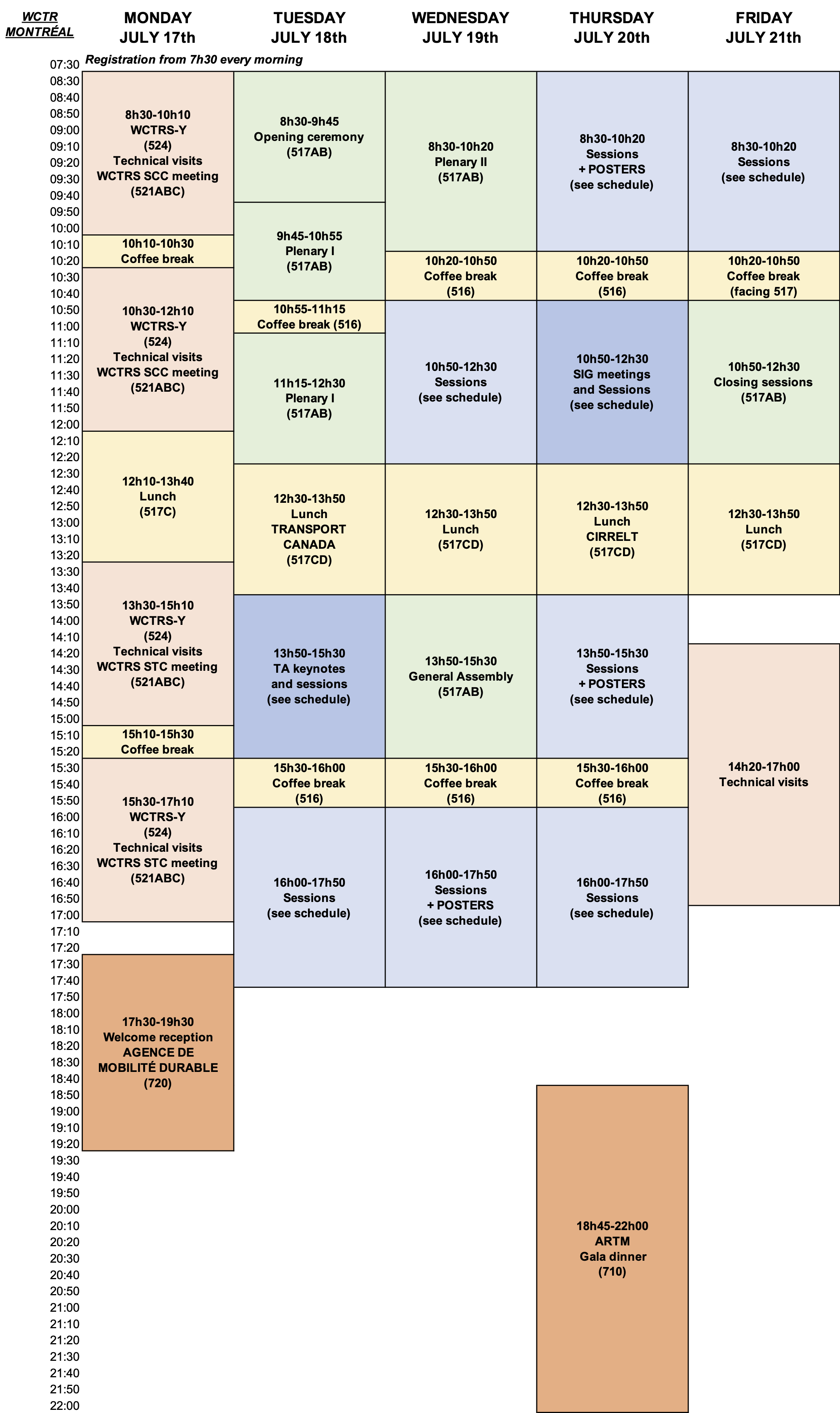
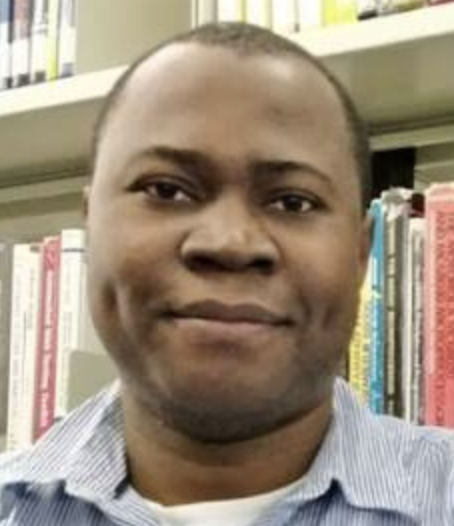 |
Artificial Intelligence in Transportation: Challenges and OpportunitiesProfessor Foutse Khohm, FRQ-IVADO Research Chair on Software Quality Assurance for Machine Learning Applications, Polytechnique Montréal He received a Ph.D in Software Engineering from the University of Montreal in 2011, with the Award of Excellence. He also received a CS-Can/Info-Can Outstanding Young Computer Science Researcher Prize for 2019. His research interests include software maintenance and evolution, machine learning systems engineering, cloud engineering, and dependable and trustworthy ML/AI. His work has received three ten-year Most Influential Paper (MIP) Awards, and six Best/Distinguished paper Awards. He initiated and co-organized the Software Engineering for Machine Learning Applications (SEMLA) symposium and the RELENG (Release Engineering) workshop series. |
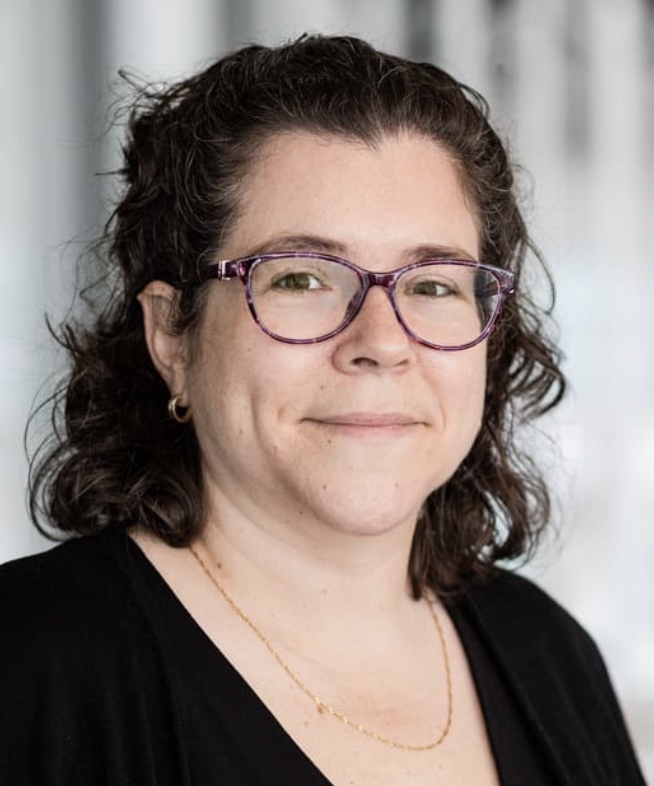 |
Toward decarbonized transport systems: carbon accounting methods to support the development of effective policies and increase mobilizationProfessor Annie Levasseur, Canada Research Chair in Measuring the Impact of Human Activities on Climate Change, École de technologie Supérieure de MontréalThe mission of her Chair is to develop innovative measuring tools based on the most advanced knowledge to better quantify the impact of human activities on climate change. Stakeholders from the various levels of government can then use these tools to develop and implement their climate change action plans. Prof. Levasseur is also member of the CERIEC – Center for Intersectoral Studies and Research on the Circular Economy and the Interuniversitary Research Centre on Sustainable Development Operationalization (CIRODD). |
 |
Disruption: Travel Behavioural Changes & Transportation System Challenges in a Post-COVID WorldProfessor Eric Miller, Director of the University of Toronto Transportation Research Institute (UTTRI), University of Toronto Professor Eric Miller is a pioneer in the development and application of agent-based microsimulation model systems in large urban contexts. As director of the University of Toronto Transportation Research Institute (UTTRI), his research is centered in the implementation of activity-based travel models for use in operational practice. This includes the development of integrated transportation-land use models that permit the analysis of the two-way interaction between transportation systems and urban form. His work serves to improve urban transportation best practices and policy decision-making and, thereby improves the quality of life in urban settings. |
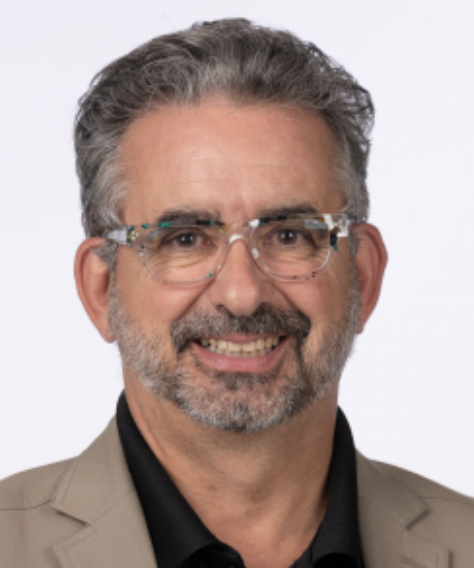 |
On the Emerging Physical Internet: Progress and Challenges Toward Resilient, Sustainable, Hyperconnected Freight Transportation and Logistic EcosystemsProfessor Benoit Montreuil, Coca-Cola Material Handling & Distribution Chair and Professor and Co-Director Supply Chain & Logistics Institute, Georgia Tech Benoit Montreuil is the Coca-Cola Material Handling & Distribution Chair and Professor in the H. Milton Stewart School of Industrial and Systems Engineering at Georgia Tech. He is also Director of the Physical Internet Center and Co-Director of the Supply Chain & Logistics Institute. Dr. Montreuil is leading the International Physical Internet Initiative, engaging academic, industry and government leaders worldwide into research and innovation projects on smart, hyperconnected and sustainable logistics, supply chains, transportation, businesses and regions. His main research interests generically lie in developing concepts, methodologies and technologies for creating, optimizing, transforming and enabling businesses, supply chains and value creation networks to thrive in a fast evolving hyperconnected world. |
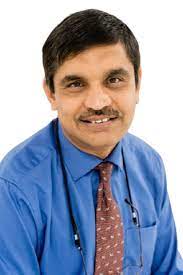 |
What is Causality in Modeling? And What Data Do We Need to Extricate Causal Insights?Professor Chandra Bhat, University of Texas, Austin, TX, USA; WCTRS Steering Committee member (STC), University Distinguished Teaching Professor, Joe J. King Endowed Chair Professor in Engineering Dr. Chandra R. Bhat has been a pioneer in the formulation and use of statistical and econometric methods to analyze human choice behavior for transportation and urban policy design. His current research includes the social and environmental aspects of transportation, planning implications of emerging technology and mobility options, equity considerations in transportation safety, and data science and predictive analytics. He is a recipient of many awards, including the 2022 Institute of Transportation Engineers (ITE) Theodore M. Matson Memorial Award, the 2017 Council of University Transportation Centers (CUTC) Lifetime Achievement Award, the 2015 American Society of Civil Engineers (ASCE) Frank M. Masters Award, and the 2013 German Humboldt Award. He was listed in 2017 as one of the top ten transportation thought leaders in academia by the Eno Foundation. His former students are now leaders in the travel modeling field, and many have received national-level dissertation/thesis awards for their research under Dr. Bhat’s guidance. Dr. Bhat currently serves as the Editor-in-Chief of Transportation Research – Part B. |
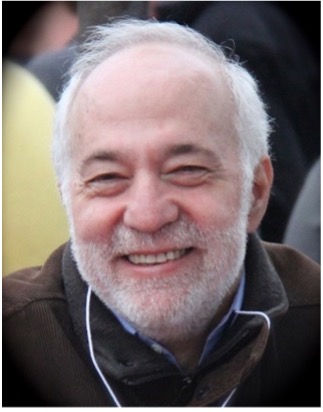 |
Science and Policy of Decarbonizing Transportation, As Seen by a Professor, Policy Wonk and ex-RegulatorProfessor Dan Sperling, Distinguished Blue Planet Prize Professor of Engineering and Environmental Science and Policy and founding Director of the Institute of Transportation Studies, University of California at Davis, and next WCTRS Secretary General designate Dr. Sperling is a global leader on sustainable transportation policy and technology. He has launched 4 international centers within ITS-Davis, which he founded over 30 years ago—in China, Europe (Paris), Mexico, and India. In addition to his faculty position, he held the transportation seat on the California Air Resources Board for 16 years and served as Chair of the Transportation Research Board (TRB) of the National Academies in 2015-16. He was inducted into the National Academy of Engineering in 2022, and won the 2018 Roy Crum award from TRB, its highest research award and the 2013 Blue Planet Prize from the Asahi Glass Foundation for being “a pioneer in opening up new fields of study to create more efficient, low-carbon, and environmentally beneficial transportation systems.” He served twice as lead author for the IPCC (sharing 2007 Nobel Peace Prize), has authored or co-authored over 250 technical papers and 13 books, and has made over 1000 public presentations. |
 |
Evolution of Aviation Network: Global Airport Connectivity Index since 2006, Impact of COVID-19 and future researchProfessor Anming Zhang, Vancouver International Airport Authority Professor in Air Transportation, Professor, Operations and Logistics Division, University of British Columbia, Vancouver, Canada Anming Zhang is a Professor in Operations and Logistics and holds Vancouver International Airport Authority Chair Professor in Air Transportation at Sauder School of Business, University of British Columbia. He is the President of the World Air Transport Research Society (ATRS) and was, in 2020, the President of Transportation and Public Utilities Group (TPUG) of American Economic Association. Prof. Zhang has published widely in the areas of transportation and industrial organization. He is the recipient of the “Yokohama Special Prize for Outstanding Young Researcher” awarded at the 7th World Conference on Transportation Research (WCTR) in Sydney, Australia in 1995, and of the Best Paper Prize at the International Transport Economics Association (ITEA) Conference on Transportation Economics, Toulouse, France in 2014. Currently, he is also in the Executive Committees of WCTR and ITEA, Associate Editor of Transportation Research Part A and the Co Editor-in-Chief of Transport Economics and Management (TEAM). |
La 16e conférence mondiale sur la recherche en transport a eu lieu personne au Palais des congrès de Montréal, du 17 au 21 juillet 2023.
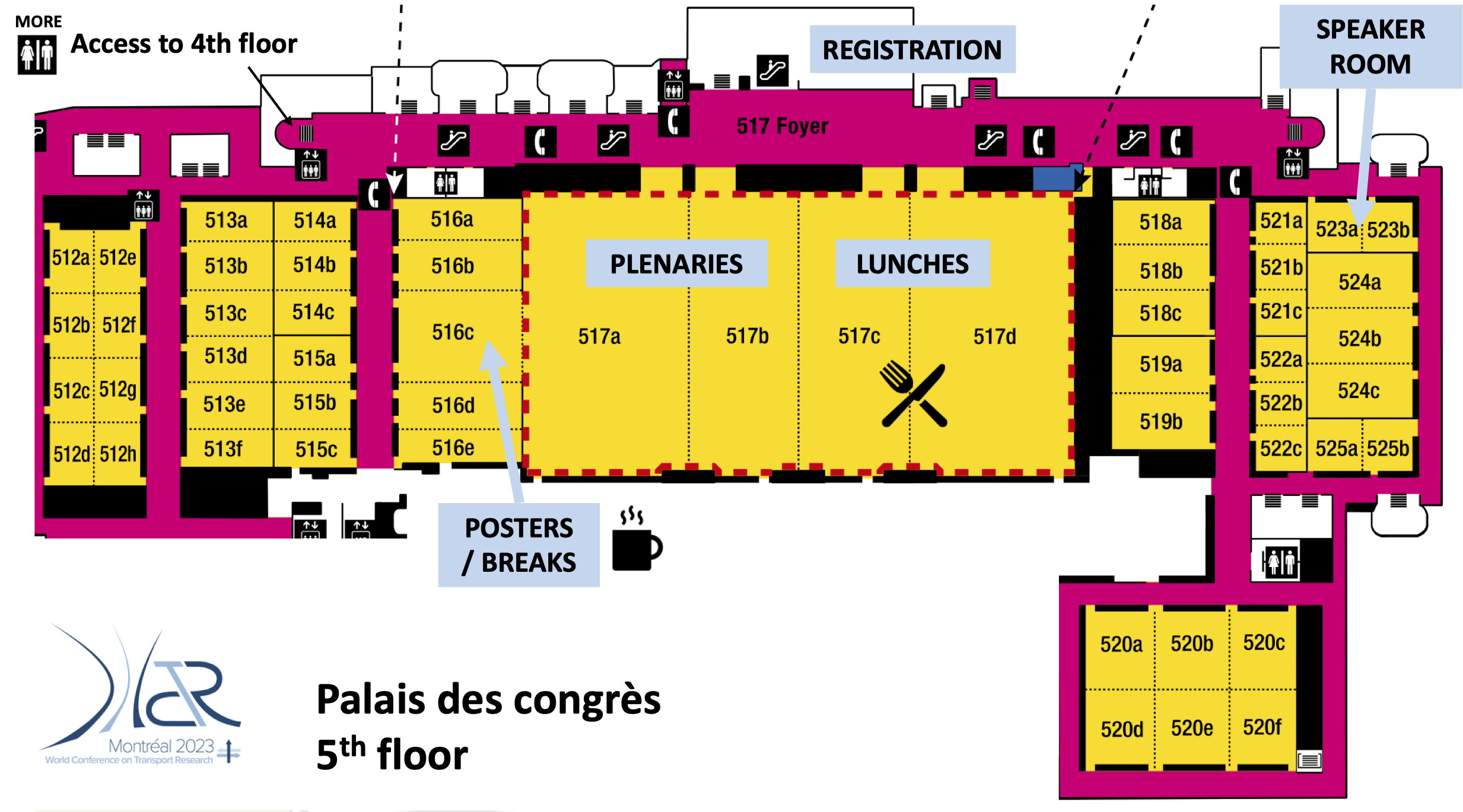
Notre principal commanditaire, l'ARTM, a fourni à tous les participants un titre de transport en commun valable pour tous les modes (métro, autobus, ligne 747, train, REM, navettes fluviales) dans les zones A et B, durant la conférence (15 au 22 juillet).
<La conférence a eu lieu du 17 au 21 juillet 2023
Les inscriptions sont terminées.
Personnel local: